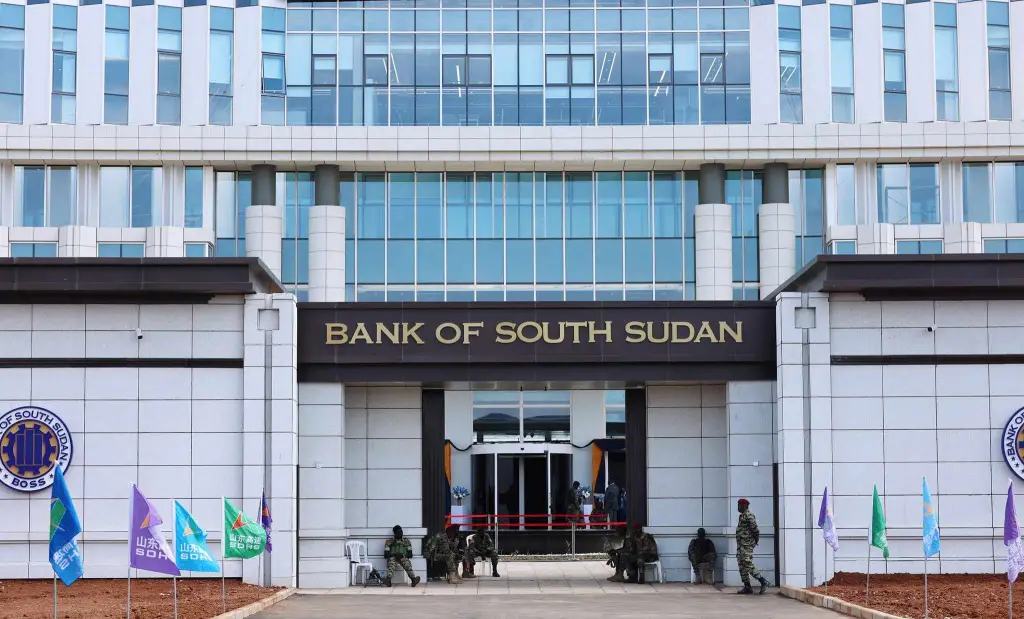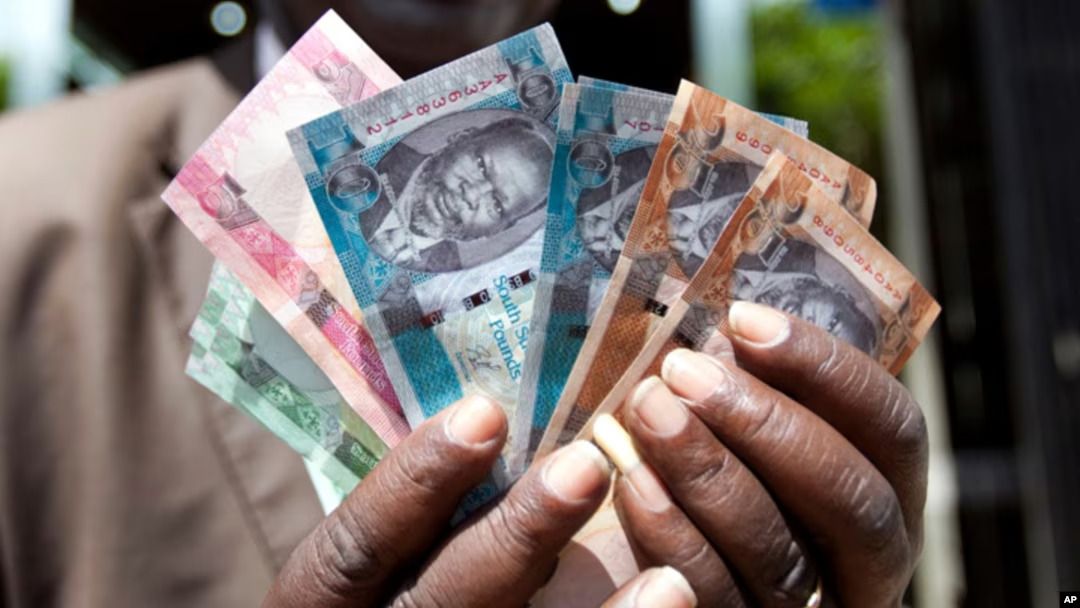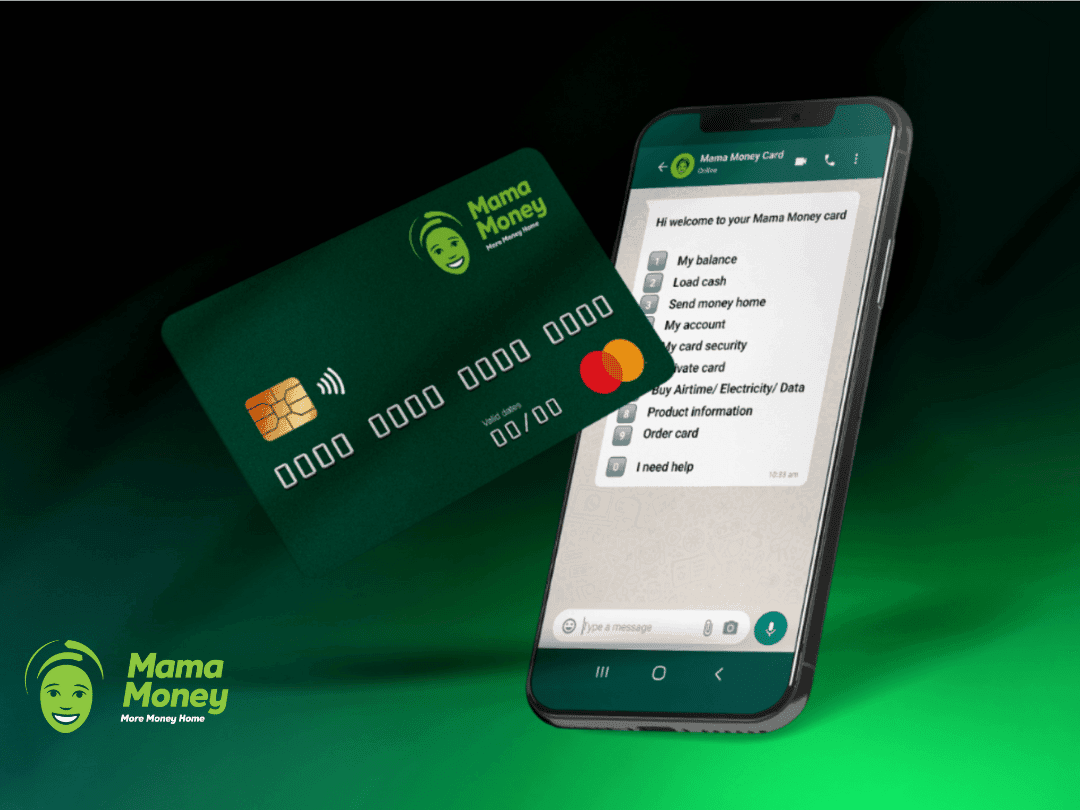The Bank of South Sudan (BoSS) has implemented new regulations limiting cash withdrawals to encourage the adoption of electronic transactions. Under these new rules, according to the South Sudan Central Bank, individuals and businesses are restricted from withdrawing a maximum of SSP10 million ($3,730.58) per day per person.
The move addresses the challenges posed by the country's predominantly cash-based economy, which is grappled with issues such as counterfeiting, money laundering, and financing illegal activities. By promoting electronic transactions, the Central Bank seeks to enhance financial transparency, reduce the risk of fraud, and foster economic stability.

To support this transition, the Central Bank has been working closely with commercial banks to improve their electronic banking infrastructure and increase public awareness about the benefits of digital transactions. This includes initiatives such as expanding the network of ATMs, promoting mobile banking services, and educating the public about the convenience and security of electronic payments.
However, the success of this initiative will depend on addressing the challenges posed by South Sudan's limited telecommunications infrastructure and low levels of financial literacy among the population.
The Central Bank and other stakeholders must invest in expanding access to digital financial services and providing education and support to help individuals and businesses navigate the transition to electronic transactions.
Adopting electronic transactions is expected to have far-reaching benefits for South Sudan's economy. It will enable better tracking of financial flows, reduce the costs associated with cash handling, and facilitate the integration of the country's financial system with regional and global markets.










